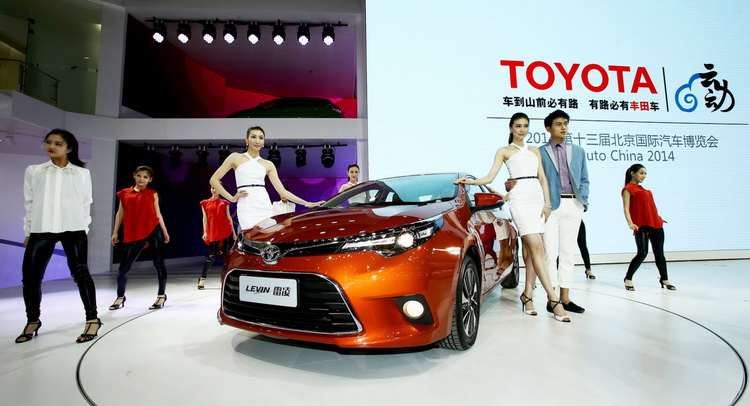FAW-Toyota Motor Sales Co., the joint venture between the Japanese giant and the Chinese company in the world’s largest car market, has 523 dealers across the country. Their current situation, though, is bleak.
Deputy secretary of the China Automobile Dealers Association Song Tao told Bloomberg that 95 percent of FAW-Toyota dealers are bleeding money. Around 10 percent are facing such big trouble that they are seriously contemplating quitting the brand or else face the prospect of shutting down altogether.
“Sales were so terrible this year that we had to offer up to 13,000 Yuan of discounts to sell an 80,000 Yuan Vios compact”, said Richard Lee, who has been a FAW-Toyota dealer for the past 10 years. This year alone, he estimates that he will be 3 million Yuan (US$480,000) in the red: “If the carmaker isn’t going to help us out here, we would have to stop buying cars from them in January.”
Last Friday, the dealers’ group sent a letter to the venture asking for a 2.2 billion Yuan (US$353 million) in subsidies to outweigh the losses causes by excess inventory. The company will respond on January 5.
It’s not just Toyota that is in trouble, though; the dealers’ association said that the number of vehicles of all auto makers are just sitting in parking lots has risen to their highest number since August 2013.
The reason is that manufacturers misjudged local demand for their vehicles, so they increased production and are now left with large inventories. Moreover, they currently dictate the number and type of vehicles that want to be sold each year and if a dealer wants to qualify for a year-end bonus, which accounts for more than half of their total annual profit, they have to meet those targets. That’s something that could be mitigated if the companies would give their dealers more autonomy.









